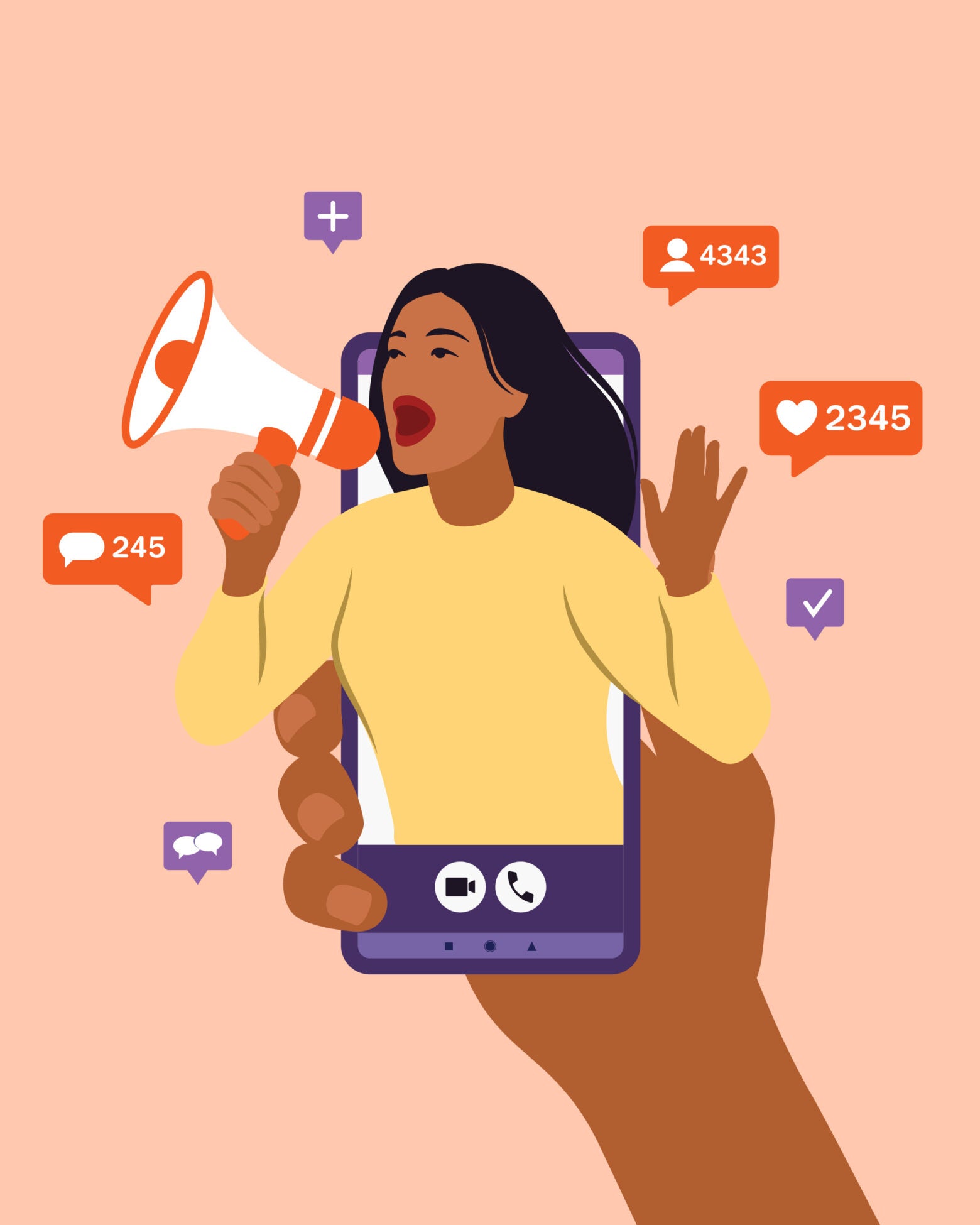The Collision of Wellness Influencers and Public Health
The landscape of health consciousness in the United States is undergoing a profound shift. Instead of being confined to hospitals and healthcare facilities, wellness is now being endorsed on social media platforms like TikTok, powered by charismatic fitness influencers. Controversial figures, including those skeptical of vaccines and holding high official positions, have steered the narrative away from conventional medicine, drawing significant public attention.
Health and Human Services Secretary, an open critic of vaccines and proponent of raw milk consumption, has been at the center of this shift, drawing both support and controversy. His unconventional views on health have raised eyebrows in the medical sphere but have simultaneously gained a wider mainstream acceptance. This evolution prompts an exploration of its implications on public health and the mechanisms that led to it.
Amid the chaos surrounding the pandemic, a wave of skepticism towards traditional medical insights emerged, opening up a space for wellness influencers to step in and influence public opinion. One such influencer, known by his online moniker ‘Liver King’, gained immense popularity, garnering over 100 million likes on TikTok, thanks to his promotion of an ‘ancestral’ lifestyle.
Liver King’s health mantra includes practices such as raw meat consumption, a focus on sun exposure, and cold plunges. His approach, steeped in a primal idea of fitness, found significant resonance among young men, particularly in online spaces that tread the thin line between personal growth and toxic masculinity.
Politicians were quick to notice the impact and appeal of such wellness influencers. Emulating Liver King, a politician posted a workout video featuring himself shirtless, triggering a barrage of admiration and comments like ‘most ripped politician I’ve ever seen’ and ‘he walks the talk.’ This amalgamation of physical fitness and political influence underscores the shift in how health and well-being are now communicated on social media platforms.
San Diego, a city where health culture and lifestyle significantly shape daily routines, further testifies the extensive reach of this trend. Casual conversations among residents increasingly reflect elements of these wellness movements. Additionally, the appeal of the high-ranking public figure associated with this trend can be partly attributed to his criticism of areas that align with public skepticism.
Pharmaceutical industry practices, food additives, and the failures of the healthcare system have all come under scrutiny in these discussions. Such concerns are not completely unfounded; the FDA’s food additive standards, for example, are indeed less stringent compared to those of the European Union. A recent poll highlights that most Americans fault the food sector for our chronic health problems.
However, the problem arises when these legitimate concerns are exploited to propel hazardous agendas. The public figure in question has leveraged this skepticism towards disturbing ends, including dismissing vaccine experts, endorsing flawed commission reports, and resurrecting disproven theories linking environmental toxins to autism.
This shift isn’t solely about this public figure; it’s indicative of the emergence of a booming wellness industry on social media. This industry, bereft of tight regulation, determines health attitudes, incorporating figures as varied as Liver King and other influencers with a relatively more scientific grounding.
These influencers mold perceptions of health for millions by seamlessly combining useful lifestyle tips with misinformation and conspiracy theories. Being a medical student, I recognize the temptation these simplified messages present. All physicians champion healthy eating, regular exercise, and mental well-being, but the medical community often falls short in conveying these ideals fruitfully.
Evidence-backed advice is being overshadowed by lengthy wait periods, while influencers are rapidly disseminating uncomplicated, motivational content. Physicians obviously don’t need to resort to posting workout videos, but they do need to tailor their messaging according to today’s digital world, bringing health information to patients in a format that they find appealing.
This necessitates physicians to actively engage on social media platforms, using positive language, and demonstrating how genuine health is lived out every day. Fortunately, we are already witnessing some doctors taking the reins on these platforms to debunk health myths and rebuild public trust.
However, the need continues to grow. The fate of public health depends significantly on shaping the narrative—not just through scientific research or academic journals but through the very online spaces that people visit for answers.
If our goal is to counter the escalating distrust in medicine and science, merely critiquing wellness culture isn’t sufficient. We must offer an alternative that is authentic, accessible, and grounded in science to persuade the audiences. The challenge is of sizable proportion because public health isn’t just about policy or clinical results anymore: it’s a cultural battlefield.
The side presenting the most compelling narrative and superior content is succeeding in this new arena of health. Thus, we need to navigate this terrain diligently, remembering that our stake in this broader conversation impacts manageable data points like policy and patient outcomes, but also affects the cultural shifts that will shape our collective health future.

